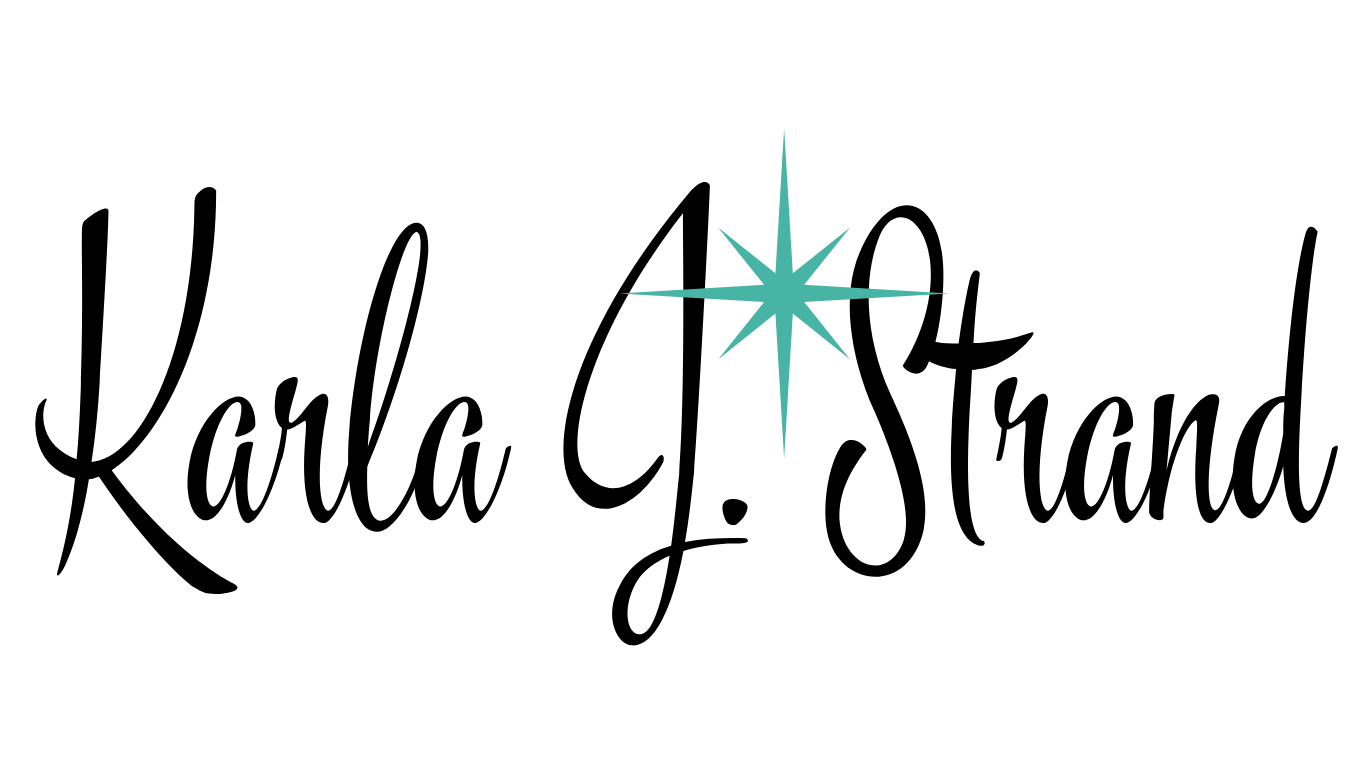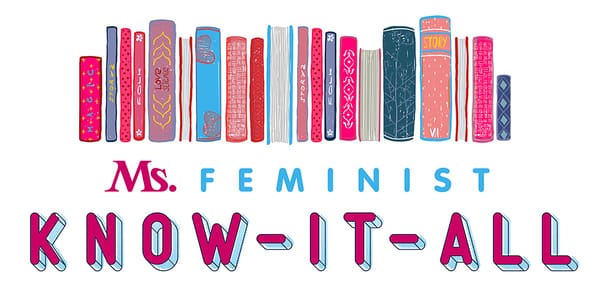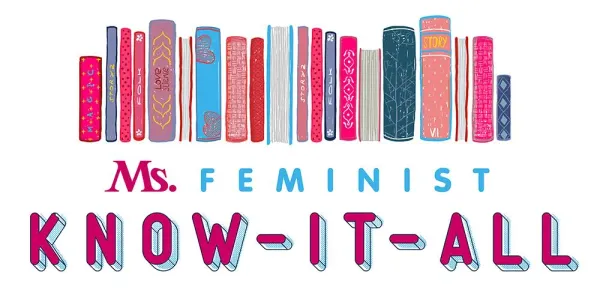Poetry for the Rest of Us
What would possess me to write about poetry?
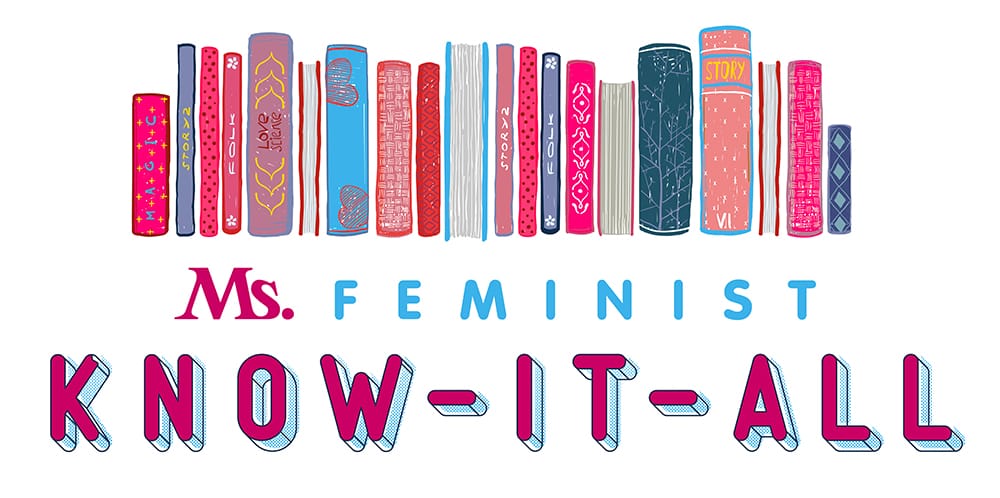
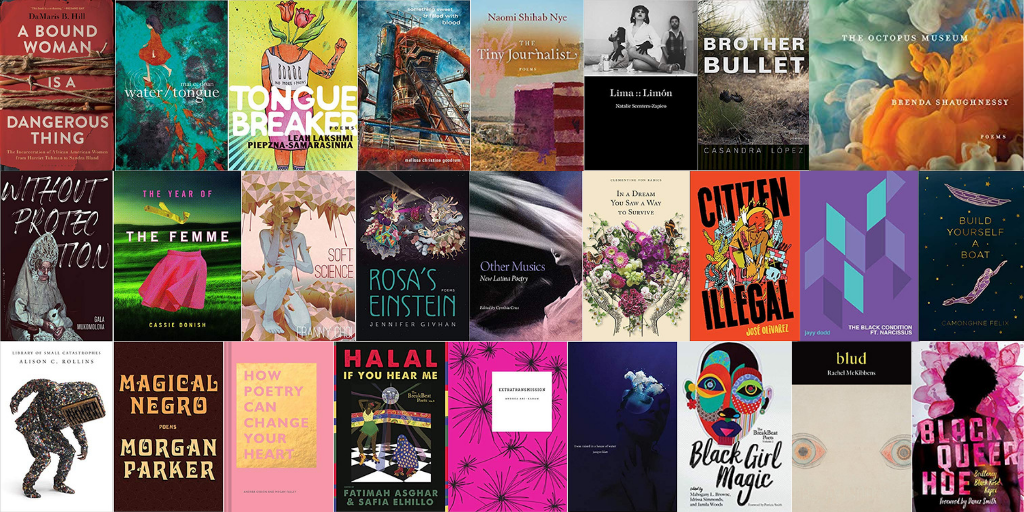
Note: This article was originally published by Ms. magazine on Apr. 9, 2019.
I am no expert in the poetical canon or what makes a poem, much less what makes a poem “good.” I vaguely recall learning about iambic pentameter and reading “Dulce et Decorum Est” in high school, but honestly, I don’t remember most of it. In fact, for years my refrain has been that “I don’t really like poetry.”
But really, I don’t hate poetry. I have enjoyed Emily Dickinson, Langston Hughes, Lawrence Ferlinghetti, Allen Ginsberg and the beat poets. I worship poet-musicians such as Leonard Cohen, Tupac Shakur and Patti Smith. I even penned one or two poems myself as a young misanthrope.
But somehow after college, I lost touch with poetry. Once in a while I’d come across something particularly compelling, especially spoken word. I love hip-hop and appreciate the rhythm, energy and veracity of the artist in spoken word—Saul Williams, Andrea Gibson, Sonya Renee Taylor, Dasha Kelly Hamilton—but I didn’t find myself seeking out poetry or keeping up with what was being published. And then, last year, something wonderful happened: I was sent a book of poems.
The cover and title struck me first. Black Queer Hoe by Britteney Black Rose Kapri (@BlkRseKapri). I was enamored by that cover.
I decided to read the forward, by queer Black poet Danez Smith, who writes: “Britteney Black Rose Kapri knows the gazes set upon her and in Black Queer Hoe she sets the conditions of our looking.” I fished my post-its out of the basket on the shelf, the little colorful ones I use to mark passages that strike me in books I’m not sure I will keep.
Smith goes on to caution white readers to not describe the work as “raw” or “unflinching.” While admitting it is, Smith stresses the importance of the vulnerability also present in the work. “To hell with fearlessness,” they write. “These poems know fear and embrace it; their strength is drawn not from an attempt to vanquish fear but an attempt to understand the matrix of it, to learn to strive beside it.”
I placed six Post-its in Smith’s three-and-a-half page forward alone. After this, I had to read a poem or two. By the end of third one, “zaddy,” I was done—dead, hooked, in love with this work. Kapri had me gleefully astonished, mouth agape, holding my breath, face flushed.
What was this? The language, the lack of capitalization or breaks, entire poems with all the words stricken out. It’s unforgivable, I know, but I had never read poetry like this before—not just in terms of style, but also content. These were explicit poems about sex, fatness, Blackness, racism, beauty, love, sisterhood and power. It’s what I love most about the work: the blatant, intentional confrontation and subsequent destruction of the accepted norms of the genre.
Buy this book and read it, white friends.
Kapri’s “a reading guide: for white people reading my book” is brilliant, but I won’t center it here. Try this on instead, from “open letter to the mothers who shield their daughters from looking at me.”
and i do drugs. drug drugs not pot. and i smoke that too. and i steal from target. imma feminist and i watch punishment porn. and instead of a list of respectable shit i do, all i’ll say is i respect my elders. see i called you ma’am when i could’ve called you bitch.
I was, and am, over the moon for this outrageously marvelous book. I wanted more. So I opened up the second book I’d received in the same shipment—shout out to Haymarket Book Club—which was Citizen Illegal by José Olivarez.
Last year, I was on a mission to only read books by women and trans writers, but I made an exception for this one. I’m happy I did. (The other exceptions I made were for new books by Kevin Powell and Ogenna Ojukwu.) Olivarez places Mexican immigrant life front and center in this vivid, ironic, poignant collection.
I was so excited about these books that I tweeted Britteney Black Rose Kapri to tell her how much I loved hers—and that “I don’t even like poetry,” which she got a kick out of. Since then, I’ve taken every opportunity to tell people about Black Queer Hoe, with Citizen Illegal as a respectful quick addendum that always follows shortly after.
Kapri’s and Olivarez’s books are both part of BreakBeat Poets, Haymarket’s groundbreaking series of hip-hop-inspired poetry redefining the genre for a new generation. Curated by Kevin Coval (@kevincoval) and Nate Marshall (@illuminatemics), the BBP series expands and disrupts the conventions of poetry to include more Blackness, queerness, womanness, transness, Muslimness and resistance than ever before. In addition to the first two anthologies and the collections by Kapri and Olivarez, the BreakBeat Poets series has expanded to include seven other titles.
After experiencing Kapri and Olivarez, I went and read the second volume of BBP, Black Girl Magic, and all the other books in the series. Since then, I’ve craved even more. When I learned that DaMaris B. Hill was releasing a book of poetry—A Bound Woman is a Dangerous Thing: The Incarceration of African American Women from Harriet Tubman to Sandra Bland—I knew I had to read it.
Very different in style from Kapri and Olivarez, Hill’s collection was every bit as striking—and just as full of groundbreaking, liberating and absolutely necessary writing. It is truth-telling at its most dire and discomfiting, yet it’s also starkly freeing. The poems are divided into seven sections, each exploring a nuance of Black women’s experiences of being bound: being fettered, being hemmed in, being imprisoned by self and others. Presenting history lessons as love letters to essential yet often overlooked Black women, Hill pens sharp odes we cannot hide from.
If you read one new book of poetry this year, make it this one—and don’t skip Hill’s preface. Read it to ensure you’re open to every layer of urgency and insurgency in this collection.
By this time, I’m on a roll—and when I see someone tweet about blud by Latinx poetry slam champion Rachel McKibbens, I read it, and are you kidding me? Are you kidding me. Where was this book when I needed it most?!
As a young adult, blud would’ve given me life. McKibbens’ poems explore the effects heredity can have on children in mental health, trauma and embodiment; the book is candid, queer and imbued with an acute sense of premature wisdom that pierced me deeply.
“letter from my heart to my brain” is the poem I would’ve written as a young, sensitive, queer girl in the country.
It’s okay to hang upside down
like a bat, to swim
into the deep end of silence,
to swallow every key
so you can’t get out.
These few books were all it took to get me excited about poetry again. Is all poetry like this now? Or is it just women of color and queer poets? Are they all destroying the cis, male, white supremacist heterosexist patriarchy like these are?
I made it my quest to find out, or at least to dip my toe into the poetry pool a bit further. With April being National Poetry Month, I took it as a sign to delve deeper and use this column as an opportunity to share my findings—in case you, too, are a bit skeptical about poetry.
These are poems for understanding, compassion, anger and resistance—poems for the rest of us. And they are only a handful of writers pushing poetry beyond traditional boundaries into areas previously off-limits, invisible or ignored.
I think it is safe to say that my fire for poetry has been (re)ignited. With all of these incredible collections, how could it not be?
The Octopus Museum by Brenda Shaughnessy is an elegant volume rife with themes of the ocean, environmentalism and humanity’s responsibility to save the planet. Framed as an actual museum, with galleries and special collections, the book challenges the reader to look at the damage we’ve caused from a variety of overlooked perspectives. Plump with imagery, the poems are a warning of the perilous near-future sum-total of our continued willful abuse of the planet. (Knopf, 67 pages, out now.)
*
Winner of the Iowa Poetry Prize, Cassie Donish’s (@CassieDonish) collection The Year of the Femme includes long, vivid poems that feel like wandering down a forest path surrounded by a gentle, crisp breeze and the smell of change in the air. Queerness abounds, and I felt as though Donish was in my own head—pondering desire, sexuality, gender, autonomy, loneliness, hope. Each poem stands alone in its self-reflection and sincerity and yet the whole is woven together seamlessly. This is a collection that captures the thoughts and emotions of new as well as worn love, our explorations of the body and embodiment, and the questions we leave unanswered. (University Of Iowa Press, 92 pages, out now.)
*
In her second book of poetry, Soft Science, Franny Choi (@frannychoir) is, once again, fierce and forward. Choi examines femininity, technology, intimacy, consciousness and Asian American identity in queer lyricism; often in a cyborg voice, Choi gives voice to questions of humanity in an increasingly artificial world. Connections to Donna Haraway’s work are clear. If you are into speculative, futuristic writing, this collection will be of particular interest to you. (Alice James Books, 100 pages, out April 2.)
*
Clementine von Radics’ (@clementinevr) In a Dream You Saw a Way to Survive is a slim collection of poems that cuts to the quick of infidelity, codependency, bravery and healing. In one of the most powerful pieces, “To the Protester Outside of the Clinic Who Called Me a Murderer,” von Radics explains the decision to have an abortion. In “Notes on the Term Survivor,” they face the truth of what it means to endure an abusive relationship. I think the five-line piece “Confession:” is my favorite. This is a powerful collection. (Andrews McMeel Publishing, 98 pages, out April 9.)
*
Award-winning Palestinian American poet Naomi Shihab Nye‘s The Tiny Journalist is an earnest collection inspired by Janna Jihad Ayyad, the Palestinian girl who uses her mother’s phone to capture injustices in the occupied West Bank (@JannaJihad1). From her own understanding and research, her father’s stories and information gleaned from Janna’s posts, Nye creates poetry that imagines the turbulent life of a little girl in a world of war and injustice. The work sharply illustrates the ubiquity of explosions and constant military presence, as well as the confusing and disappointing role the U.S. has played in the oppression of some over others—but juxtaposed against this are themes of vegetation, fruit and trees that give the reader hope that life will continue, and that someday Janna and others like her will thrive once again. (BOA Editions Ltd., 128 pages, out April 9.)
*
The Black Condition ft. Narcissus by jayy dodd (@deyblxk) is a collection that is equally ferocious and gentle. With themes of (self) knowledge and ego, exposure and visibility, embodiment and physicality, these poems examine Blackness and sexuality with both candor and vulnerability. I appreciate how dodd plays with space on the page, leaving gaps where words could be but shouldn’t be. The last piece in the book, “i am interested in the black condition.,” is especially unnerving and poignant. (Nightboat Books, 96 pages, out April 16.)
*
I was excited about the debut collection by award-winning poet Alison C. Rollins (@alisoncrollins)—and not only because she is a librarian writing, at times, about libraries. The poems within Library of Small Catastrophes challenge the reader to explore the notion of the body and memory as archives for loss, anger and adversity. Some dense and haunting, Rollins’ poems are always precise and exacting of attention from the reader. I actively participated with this collection; at times, I had to put it down and reflect, but I always picked it back up again. The poems continue to give upon each reading. (Copper Canyon Press, 96 pages, out April 23.)
*
Other recent and forthcoming collections you may want to check out:
- EXTRATRANSMISSION by Andrea Abi-Karam. Kelsey Street Press, 112 pages, out now.
- Magical Negro by Morgan Parker. Tin House Books, 112 pages, out now.
- Brother Bullet: Poems by Casandra López. University of Arizona Press, 104 pages, out now.
- Rosa’s Einstein: Poems by Jennifer Givhan. University of Arizona Press, 96 pages, out now.
- I Was Raised in a House of Water by Juniper Klatt. Fernwood Press, 260 pages, out now.
- Tonguebreaker by Leah Lakshmi Piepzna-Samarasinha. Arsenal Pulp Press, 148 pages, out April 9.
- Without Protection by Gala Mukomolova. Coffee House Press, 88 pages, out April 9.
- Something Sweet & Filled with Blood by melissa christine goodrum. Great Weather for Media, 116 pages, out April 15.
- water/tongue by mai c. doan (@maicdoan). Omnidawn, 72 pages, out April 15.
- The BreakBeat Poets Vol. 3: Halal If You Hear Me edited by Fatimah Asghar and Safia Elhillo. Haymarket Books, 250 pages, out April 16.
- How Poetry Can Change Your Heart by Andrea Gibson and Megan Falley, out April 16
- Build Yourself a Boat by Camonghne Felix (@camonghne), Haymarket Books, 96 pages, out April 19.
- Other Musics: New Latina Poetry edited by Cynthia Cruz. University of Oklahoma Press, 220 pages, out April 25.
- Lima :: Limón by Natalie Scenters-Zapico. Copper Canyon Press, 80 pages, out May 14.
